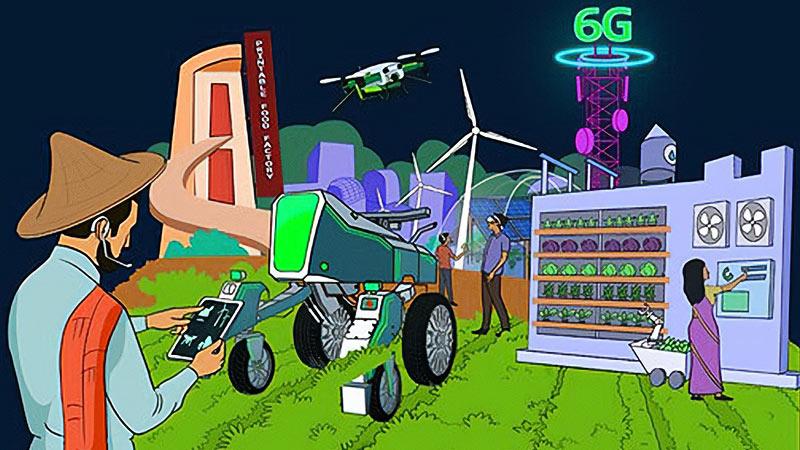Dr Ipshita Basu, Senior Lecturer in International Relations at the School of Social Sciences, has been awarded a major research grant for the project Rethinking Accountability for Digitised Futures in Bangladesh.

The grant is funded by the UK Foreign Commonwealth and Development Office (FCDO) and coordinated by the Institute of Development Studies, Brighton for the Covid-19 Learning, and Evidence and Research Programme (CLEAR).
During the 12-month multidisciplinary project, the University of Westminster and the University of Bath will co-lead a partnership with the United Nations Development Programme’s (UNDP) Aspire to Innovate (A2i) and CARE Bangladesh. The project aims to ensure that future digital connectiveness increases accountability for marginalised communities, and improves responsiveness of service delivery to the most vulnerable.
According to Dr Basu, several countries across the world, including Bangladesh, gave responses to the COVID-19 pandemic which accelerated the use of digital platforms for information sharing, and for the uptake of essential services such as health, education, and social security. However, there is little evidence on how marginalised communities can engage with these platforms. The project will address this knowledge gap through data mapping of the programmes carried out by A2i and CARE, and through ethnographic research on the function and usage of the local digital centres and civil society organisations.
Talking about the impact of the research, Dr Basu said: “In the context of accelerated digital transformation of public services and concerns that this may increase inequalities, we are focusing on two pathways to impact. The first is through interactive policy labs with citizens and duty bearers, to identify practical steps to address issues of accountability and responsiveness for their local contexts. The second is through our collaborators A2i and CARE, who have been working on the community uptake of digital services for the most marginalised. With them, we will reflect on the practical implications of the research and consider how they can adapt them for their ongoing and future programmes.”
The research is planned to be promoted in high-impact publications, aiming to contribute to new knowledge on digitalising states and the social accountability of citizens.
Learn more about the Rethinking Accountability for Digitised Futures in Bangladesh research project.



